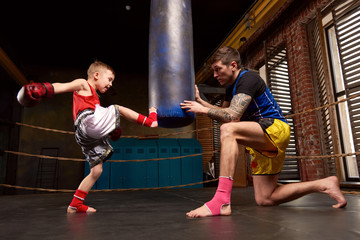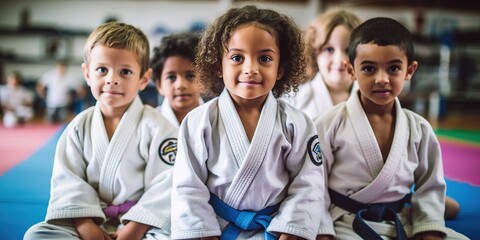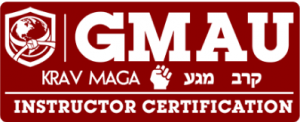Enrolling children in martial arts can be highly beneficial for them because it provides physical exercise and teaches them self-discipline, respect for others, and self-defense skills. However, it’s important for parents to carefully select a reputable martial-arts school with experienced instructors who prioritize safety and age-appropriate training methods. Read on to learn more about children and martial arts.

Parents considering enrolling their children in martial arts should know that it can offer numerous benefits, including improved physical fitness, discipline, self-confidence, and self-defense skills. It’s important, however, to research and choose a reputable martial arts school with qualified instructors who prioritize safety and age-appropriate training.
Parents should consider the potential risks involved, such as injuries, and ensure that their child is mentally and emotionally ready for martial-arts training. Also, open communication with both the child and the instructor is crucial to ensure a positive and rewarding experience in martial arts.
Parents should also consider their child’s personality, temperament, and readiness for martial-arts training before enrolling them, ensuring it’s a positive and enjoyable experience for the youngster. Regular communication with instructors and monitoring the child’s progress and well-being are essential aspects of supporting children in martial arts.

Each martial-art discipline offers unique focuses and benefits that cater to different preferences and goals for children:
- Karate: Emphasizes striking techniques using punches, kicks, and knee strikes. It promotes discipline, respect, and self-control while improving physical fitness and coordination.
- Taekwondo: Known for its dynamic kicking techniques, taekwondo also teaches self-defense, discipline, and respect. It enhances flexibility, agility, and balance.
- Kobudo (Ultimate Bo / Nunchaku): Originating from Okinawa, kobudo involves traditional weapons training such as the bo (staff) and nunchaku. It teaches coordination, focus, and discipline, while also preserving martial-arts heritage.
- Muay Thai: Thai kickboxing focuses on powerful strikes using fists, elbows, knees, and shins. It improves cardiovascular health, strength, and agility while teaching self-defense and mental resilience.
- Krav Maga: A self-defense system developed for the Israeli military, Krav Maga emphasizes practical techniques for real-life situations. It teaches assertiveness, awareness, and quick decision-making, promoting self-confidence and personal safety.
When choosing a martial art for a child, consider their interests, temperament, and physical abilities, as well as the teaching approach and safety measures implemented by the specific martial arts school.

The Global Martial Arts University (GMAU) has multiple course options for your child. A child aged 6 years and up can enroll and train in a GMAU program, and we recommend that all children under 13 train with us under the supervision of an adult, such as a parent. As the adult, you don’t have to enroll in the course, too, but it can be very helpful for your child to train alongside you.

The GMAU provides a 50% family discount that can be applied to the adult’s or child’s course fee, depending on who registers as the primary account holder at the full fee.
See one you like? Pick a course and set up a FREE Beginner’s Account and your child can start training TODAY! Choose from:









